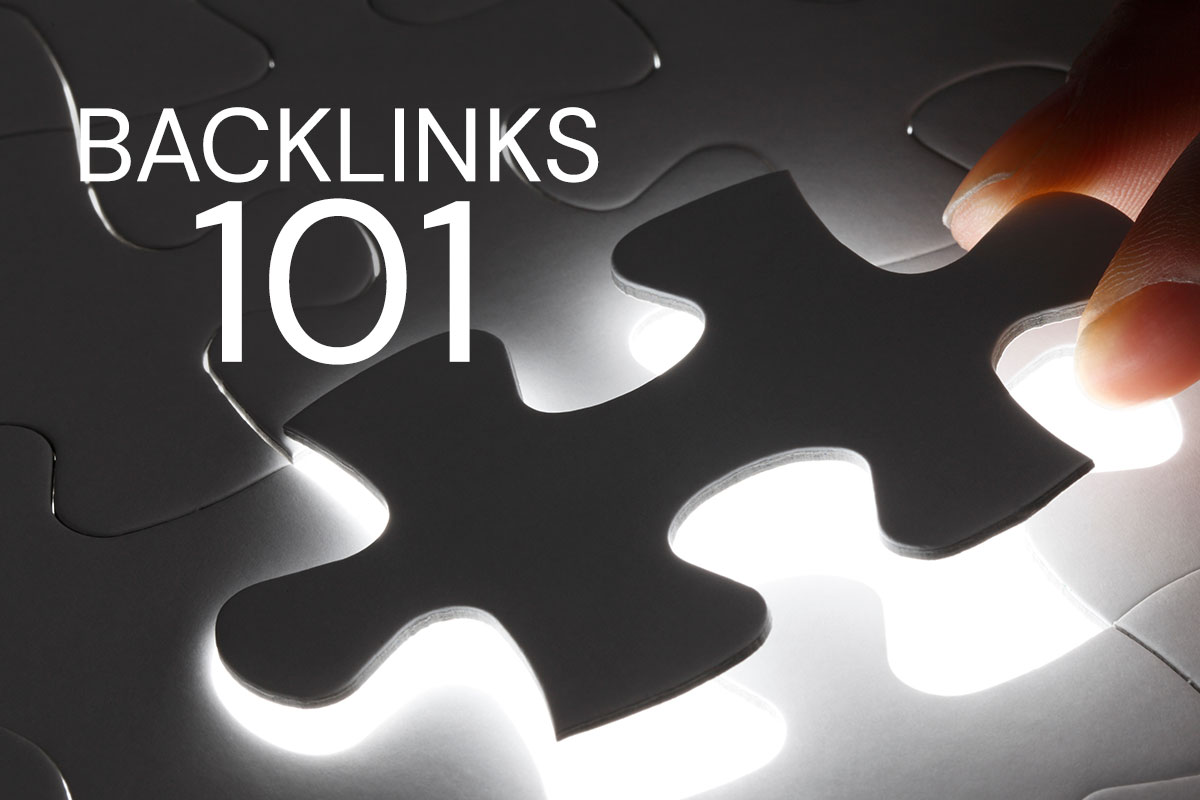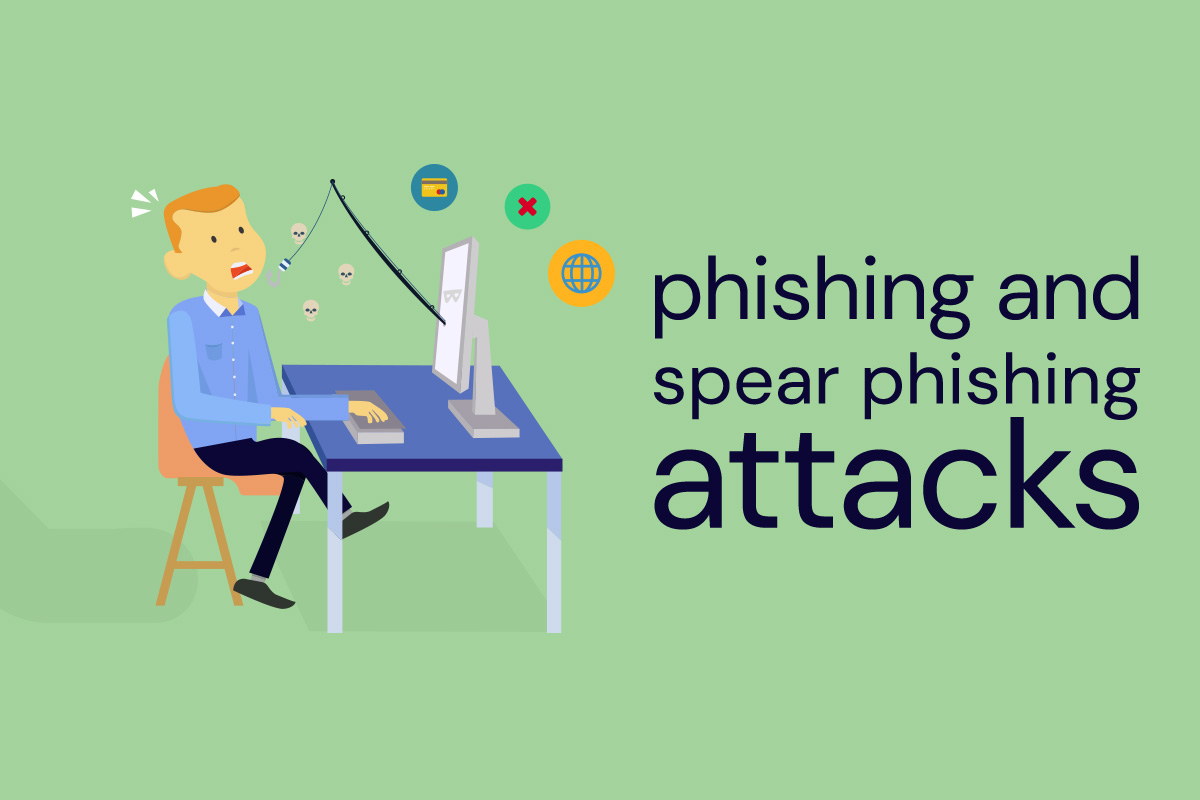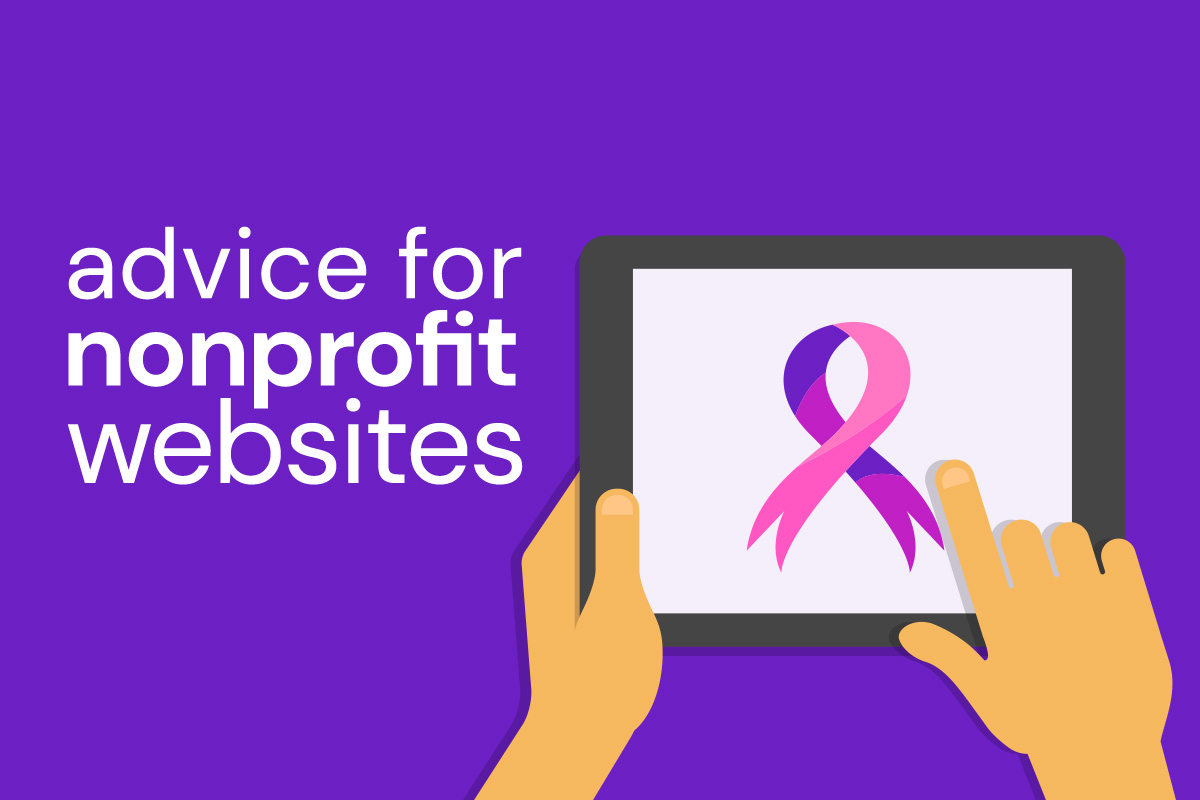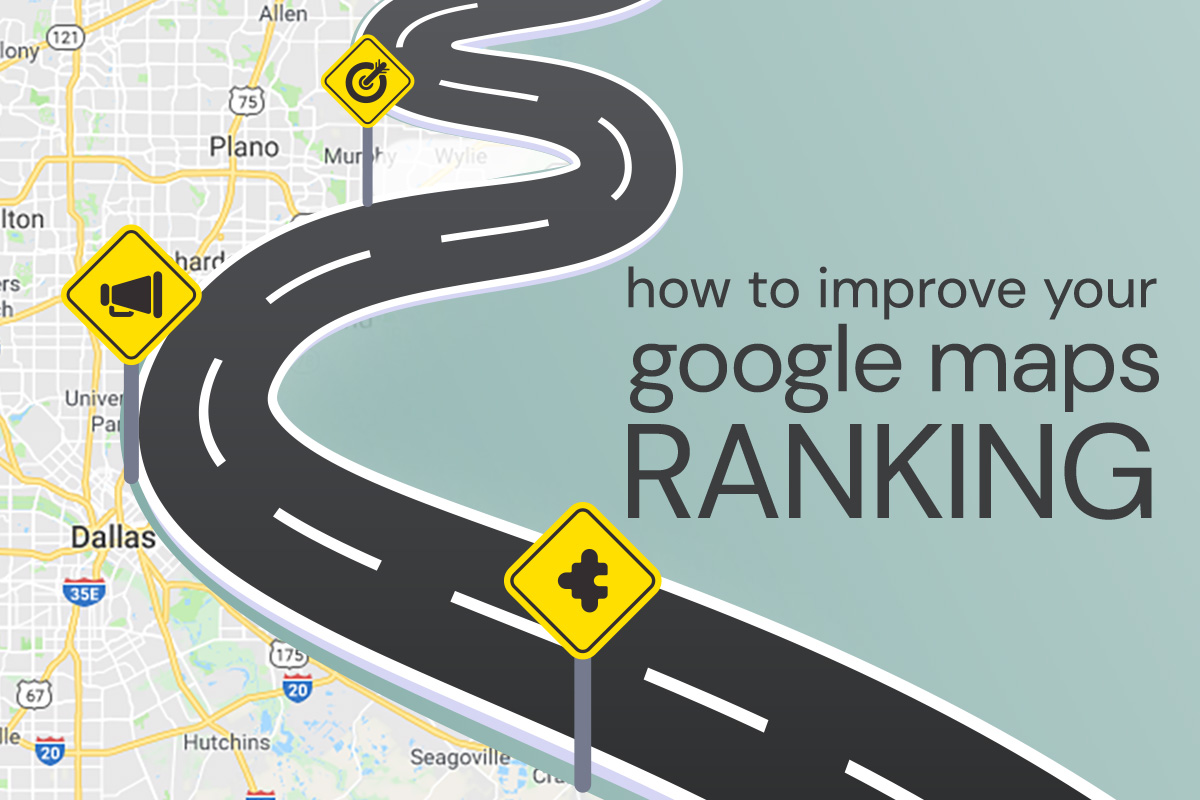As part of a successful web marketing strategy, we always recommend that our web clients seek out backlinks, also known as IBLs—“inbound links.” The term is pretty self-explanatory: backlinks are links back to your website. If you have a look in your Google Analytics reports, you can find a section called “Referrals.” These are the websites that send visitors to your website, and they are critical to your Google ranking. The main trick is that these links should ideally be from relevant sources that are freely given. If a food magazine website publishes a link to your catering company—perfect! That’s a high quality link. If a spammy page that’s full of random content ranging from motorcycles to insurance to cosmetic surgery publishes a link to you… no thanks.
The exact method search engines use to assign value to links is pretty obscure, but there are a few factors that we know are part of the equation.
Global Popularity. Behemoth sites like Wikipedia have thousands of websites from all over the world linking to it, so search engines know that it’s an authoritative source. That’s why Wikipedia results are consistently in the top search results, and why having a link to your website from Wikipedia could be a big search engine rank booster.
Local Popularity. While it’s great if one of the monster content aggregate websites link to your website, it’s important for websites that are relevant to your industry or topic to link to yours. Again using the Dallas catering company as an example, your local popularity is boosted when you are linked to by venues for events, food reviewers, or magazines in your geographical area.
Anchor Text. If you’re that catering company, and an external website has posted a link to your site with the words “the best caterer in Dallas” hyperlinked, you are in luck! That’s some great anchor text. Anchor text is the visible, clickable text in a hyperlink, so that means that the keywords “best caterer” and “Dallas” are associated with your catering website. Ideally all your backlinks would use your top keywords to point back to your website. In contrast, weak anchor text like this is not ideal:
For the best catering in Dallas, click here.
Link Neighborhood. You don’t want your backlinks to be from the underbelly of the Internet. Trying to game the system by purchasing backlinks from unethical providers can sometimes get your domain splashed over the “PPC” neighborhoods—pills, porn, or casinos. Those topics are always a red light, but other indicators of a bad link neighborhood are that there are more links than content, there are so many ads that the page makes your head spin, or the content is written very poorly.
Freshness. Eventually, some links lose their luster. Keyword searches that require fresh content include recent events, regularly recurring events, or frequently updated topics such as reviews for electronics or travel.
The question of the hour: do links shared through Facebook or Twitter count as backlinks? We wish we could give you a definitive answer on that subject. If you look at the source of a Twitter page, for example, you can see that all the links posted are tagged “nofollow,” which tells search engines to move along—nothing to see here. But that does not mean that social media links are worthless by any stretch! Social media usage has grown exponentially and shows no signs of tapering off, which means that search engines take notice. Here’s a case study showing how a tweet can affect search engine rankings. Read it and be surprised!
Want to know more about backlink strategy? Leave us a comment below or contact us.






